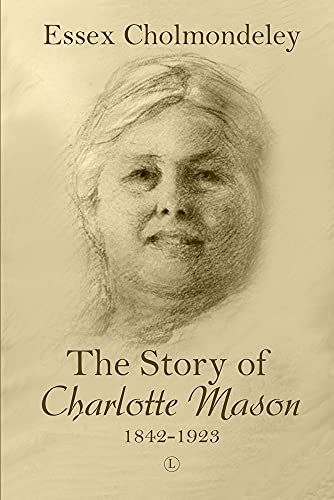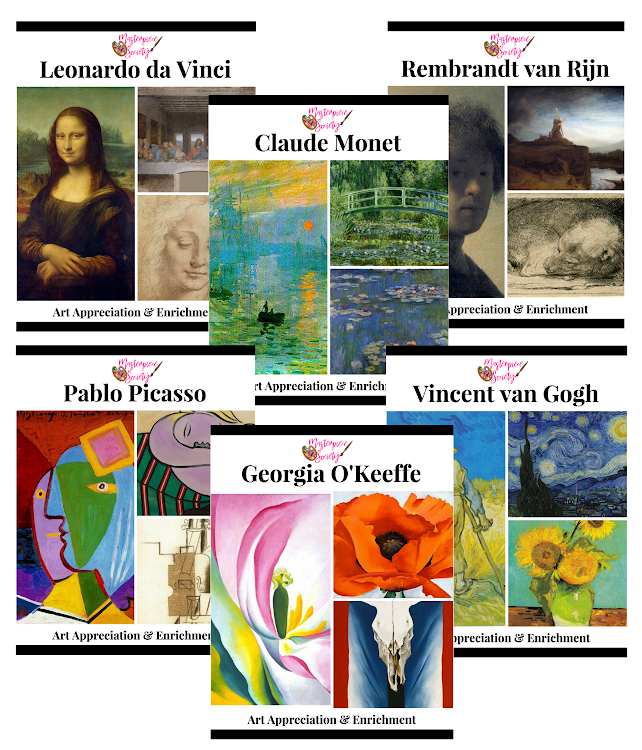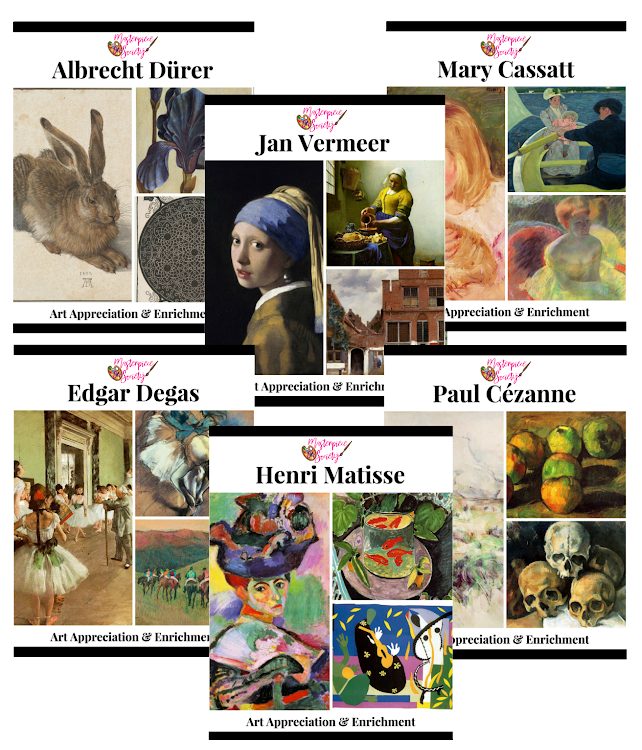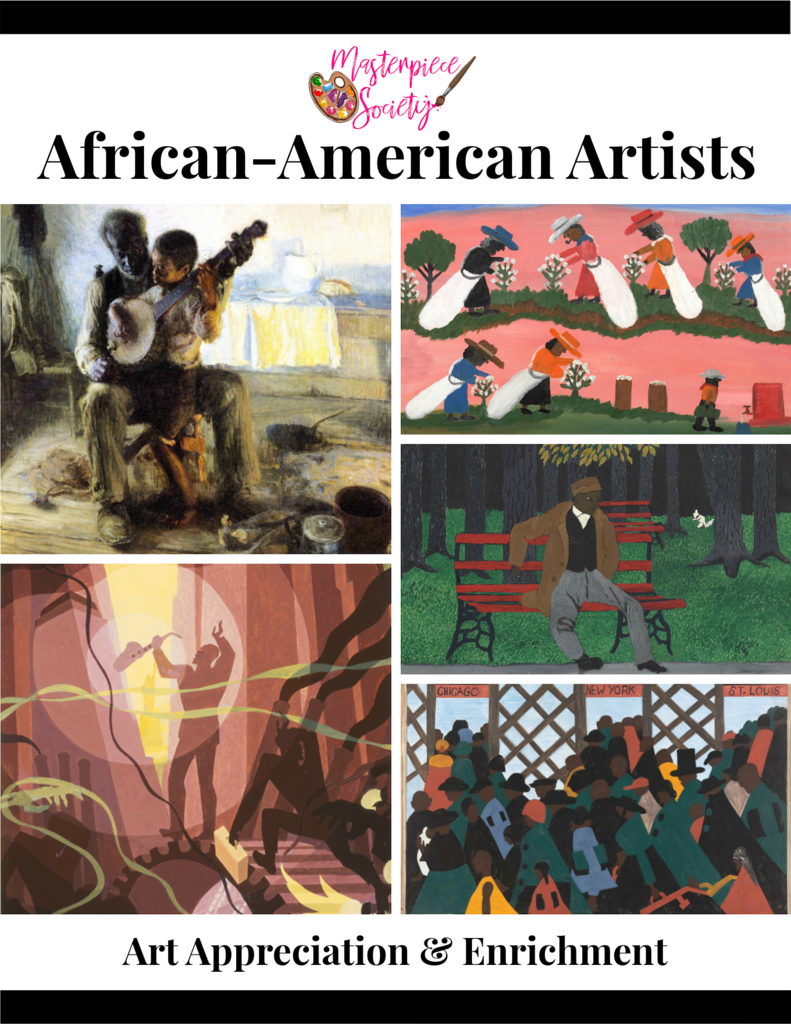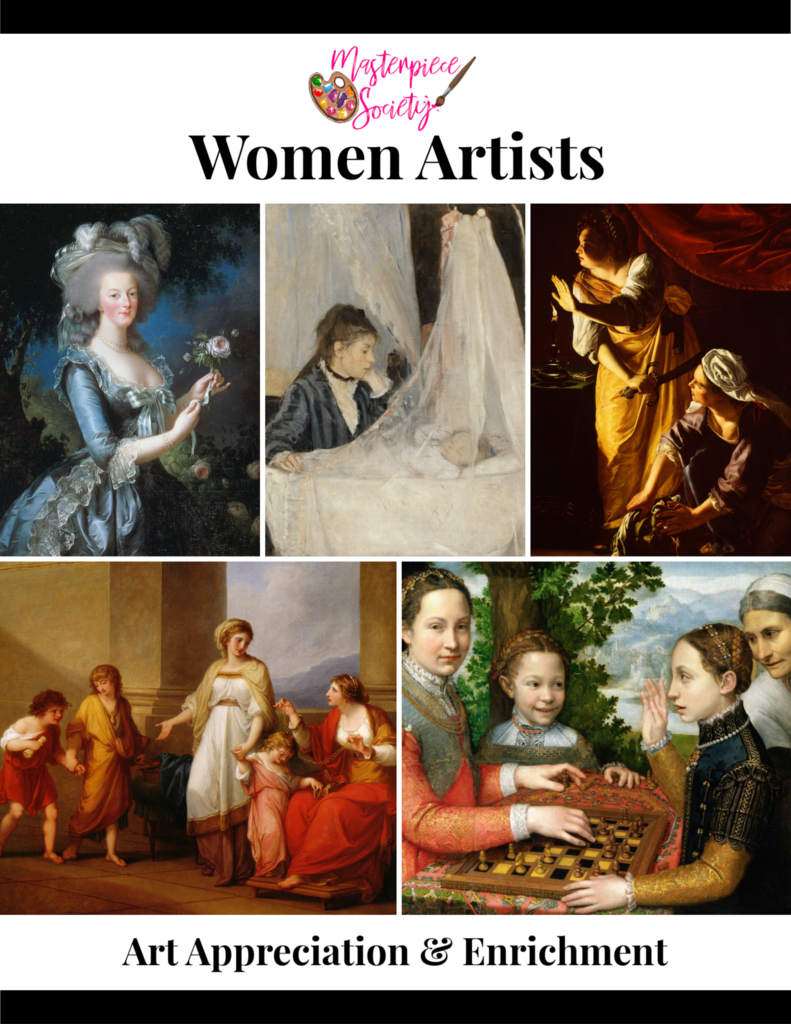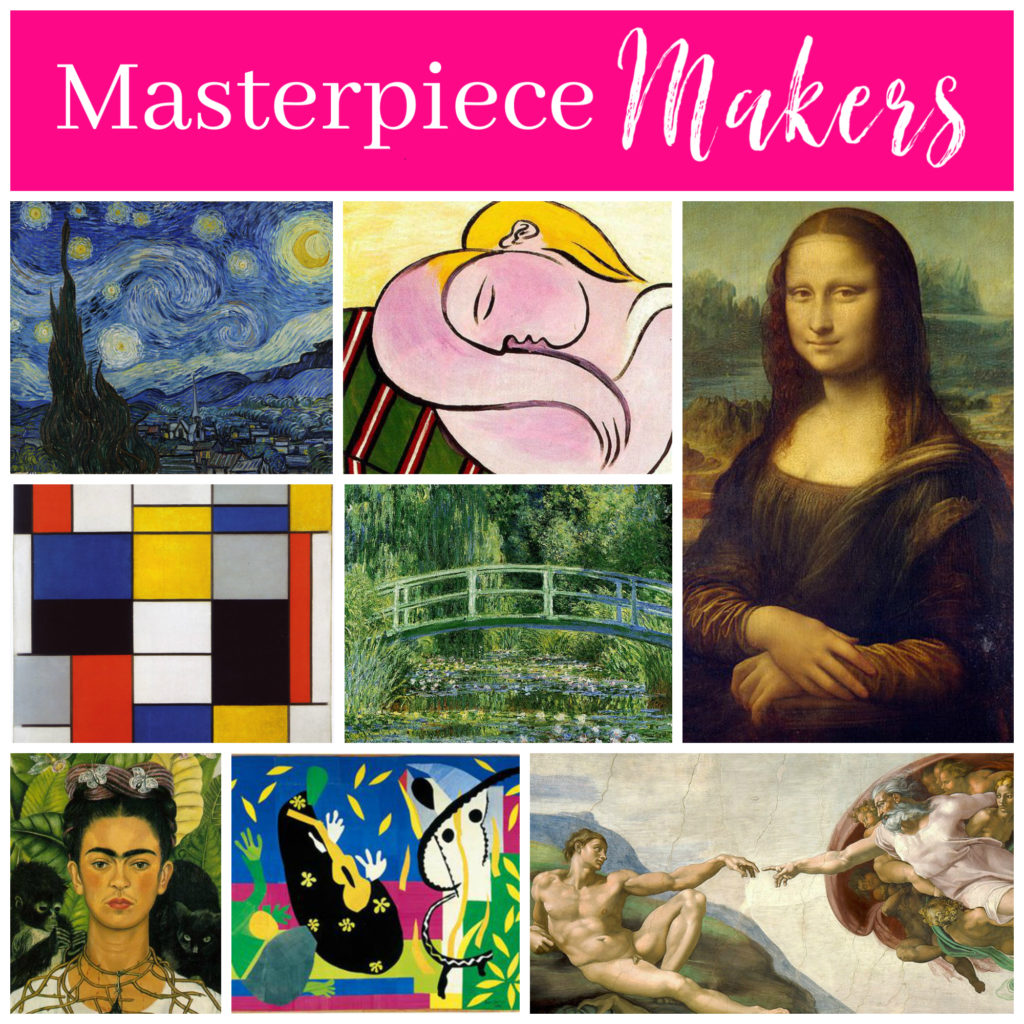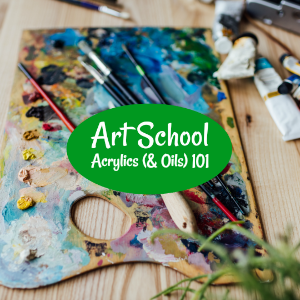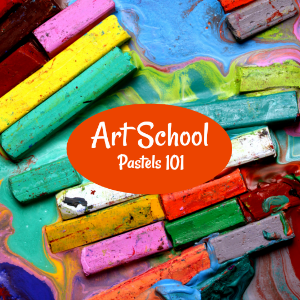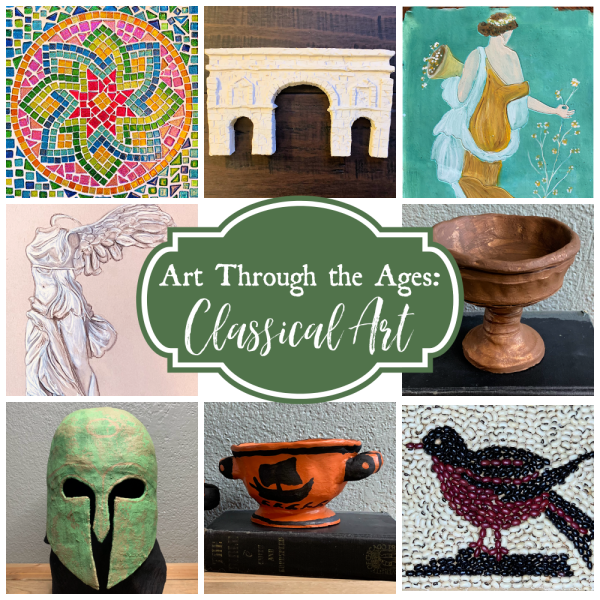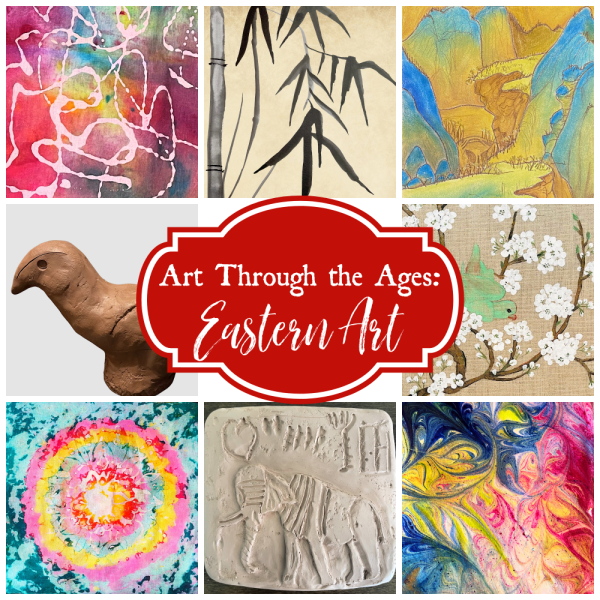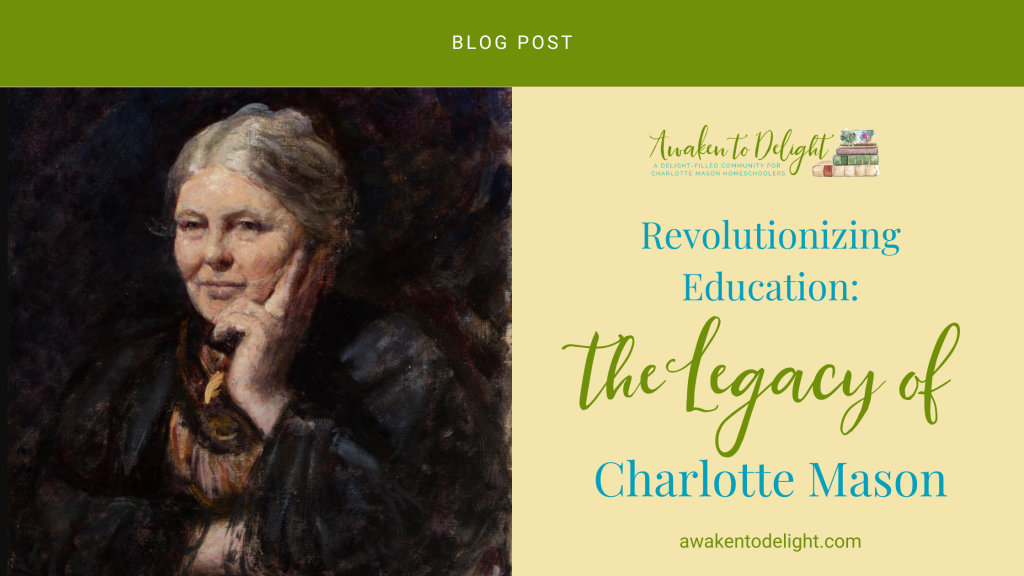
Who Was Charlotte Mason?
Charlotte Maria Shaw Mason (1842-1923), was a Victorian educator whose ideas revolutionized learning in the late nineteenth and early twentieth centuries. Today, her philosophy continues to inspire, encourage, and elevate the education of students around the world.
Born in Bangor, Wales, she journeyed to England as a young child and received her education at home following the tragic loss of her parents at the tender age of eleven. Raised thereafter by her devoted aunt and uncle, Charlotte’s early experiences laid the foundation for her unique approach to education.
Embarking on her teaching career as a governess in England, Mason later found herself at the helm of a girls’ school in London, where her visionary educational philosophy began to take shape. Her journey was not without challenges, but fueled by her passion for nurturing young minds, she forged ahead, driven by the belief that every child possesses an innate thirst for knowledge.

Education During the Victorian Era
During Victorian times, education in England was primarily accessible to the wealthy elite. Many children from working-class families had little to no access to formal education due to factors such as poverty, child labor, and lack of schooling facilities.
The prevailing educational methods focused heavily on rote memorization and discipline. Students were expected to memorize facts and recite them without necessarily understanding the concepts behind them. Punishment and corporal discipline were commonly used to maintain order in schools.
The education of boys typically centered around classical subjects such as Latin, Greek, mathematics, and religious studies. The emphasis was on preparing students for university entrance exams and careers in professions such as law, medicine, and the clergy. Whereas girls’ education was often limited to domestic skills and basic literacy, with fewer opportunities for advanced learning compared to boys. Schools for girls tended to focus more on etiquette, needlework, and other traditionally feminine pursuits.
Wealthier families often employed private tutors or governesses to educate their children at home. This provided a more personalized and sometimes broader education than what was available in traditional schools.
Some efforts were made to provide education for poor and orphaned children through charity schools and “ragged schools.” However, these institutions often faced funding shortages and lacked adequate resources and qualified teachers.
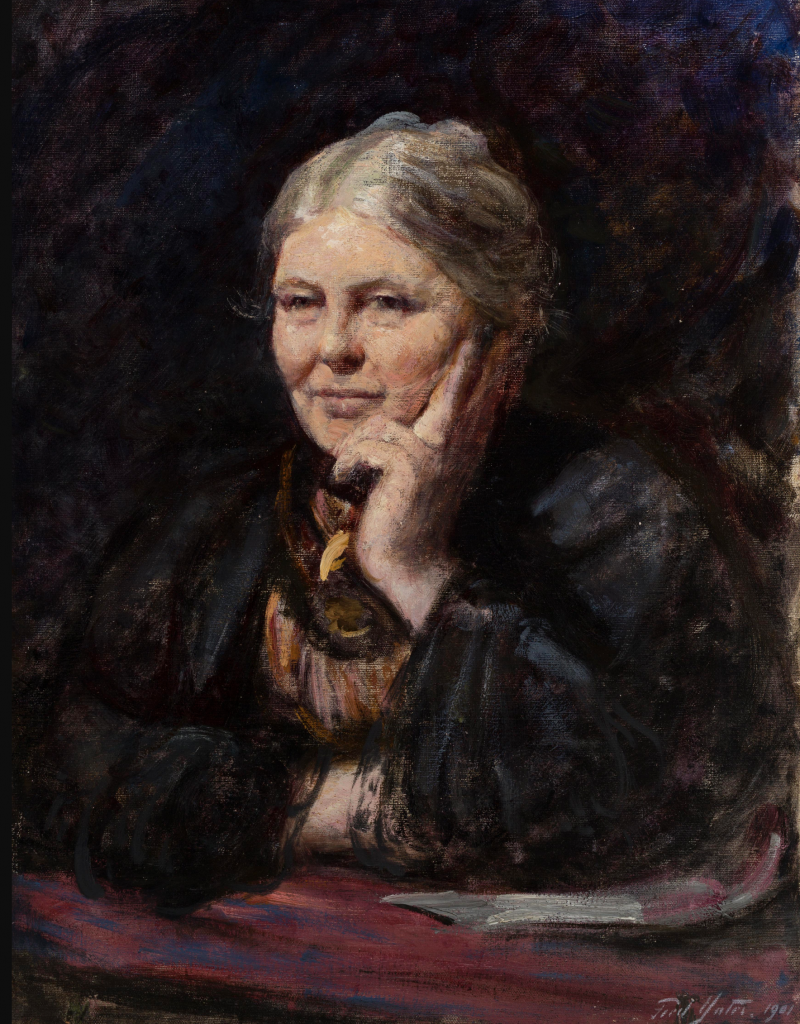
Charlotte Mason’s Revolutionary Philosophy
In 1891, Miss Mason’s pioneering spirit led her to establish a school in Ambleside, England called the “House of Education.” Here she remained steadfast in her conviction that a liberal (generous and broad) education should be provided for all children, regardless of social class.
Her methods of teaching included using whole, “living” books (as opposed to dull, dry textbooks) so that children could gain knowledge through their own efforts. Subjects taught included mathematics, literature and poetry, grammar, history, foreign languages, the Bible, Shakespeare and Plutarch, narration, dictation, habit training, art and music appreciation, nature study, and handicrafts.
Formal lessons were short and taught in the mornings, leaving the afternoons free for leisure or “afternoon occupations,” which usually meant physical activities outdoors, nature walks, handicrafts, instrument practice, chores, cooking, gardening, etc.
Charlotte Mason’s ideas represented a departure from traditional approaches, advocating for a more holistic, child-centered education that aimed to meet the individual needs and interests of every student.
She later co-founded the PNEU (Parents’ National Educational Union), in order to provide resources for parents educating their children at home, and is considered by many to be the “champion and founder” of the modern day home education movement.
Her enduring legacy is encapsulated in her quote, “Education is an atmosphere, a discipline, a life.” Embracing art, music, literature, and hands-on activities as essential components of learning, Miss Mason believed in cultivating well-rounded individuals grounded in character and a lifelong love of learning.
If you’d like to delve further into Charlotte Mason’s philosophy, then I highly recommend reading her own words in the “Original Home Schooling Series.” I have the old pink books, which are now out of print, but I’ve linked to newer reprints below.

Also, if you want to learn more about Charlotte as a person, check out Essex Cholmondeley’s book, The Story of Charlotte Mason. Cholmondeley (pronounced “Chumley”) was a student of Charlotte Mason and eventually became a teacher, then vice principal at the House of Education in Ambleside, England.
Home Education (The Home Education Series) Parents and Children (The Home Education Series)
Parents and Children (The Home Education Series) School Education (The Home Education Series)
School Education (The Home Education Series) Ourselves (The Home Education Series)
Ourselves (The Home Education Series) Formation of Character (The Home Education Series)
Formation of Character (The Home Education Series) A Philosophy of Education (The Home Education Series)
A Philosophy of Education (The Home Education Series) The Story of Charlotte Mason, 1842-1923
The Story of Charlotte Mason, 1842-1923
Pin Me!








